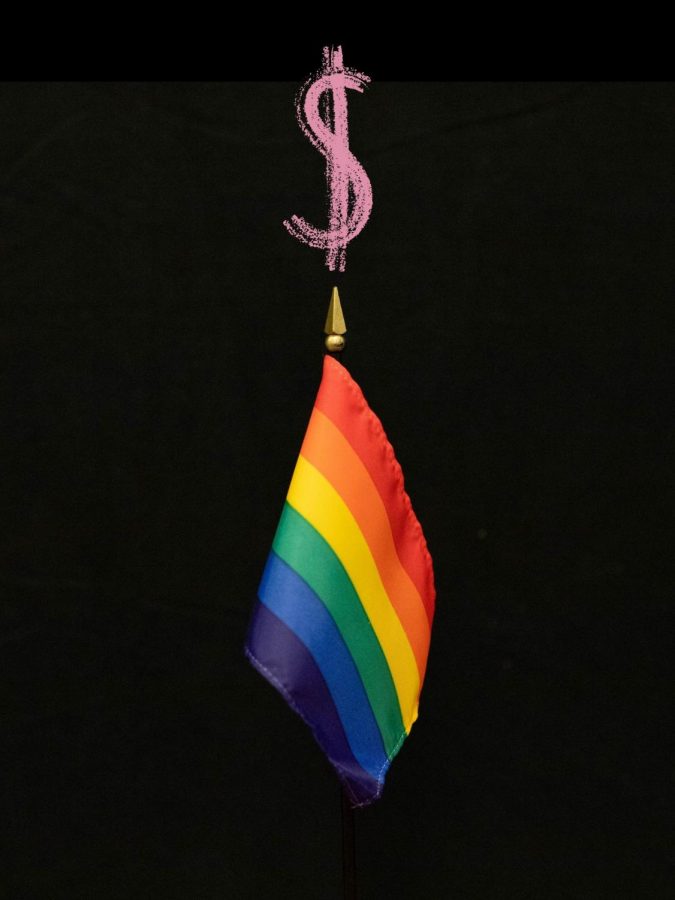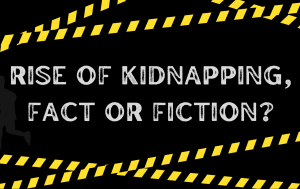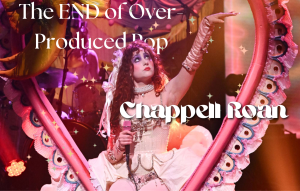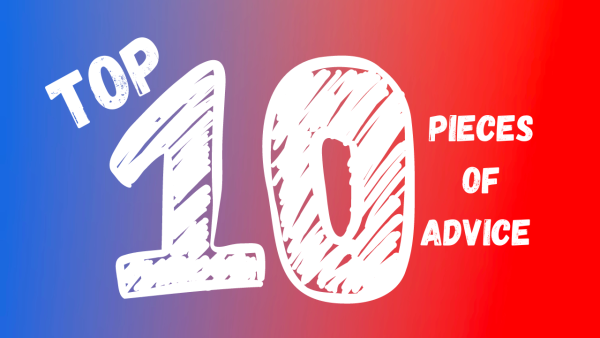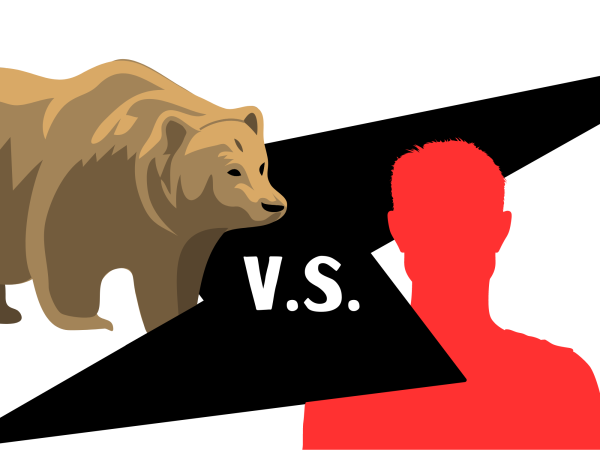Corporations Prep For Pride with Rainbow Capitalism
Pride Month has become more about consumerism than political action
Corporations are walking a thin line of being supportive and being exploitive.
May 28, 2021
If you’ve walked into a store lately, you might have noticed the shelves are more lively with big rainbows plastered onto every shirt, bag, chip packaging, etc. It’s that familiar alarm clock that tells you Pride Month is on its way. On the outside this seems like a good thing, as acceptance for queer people has grown, it makes sense that corporations would start advertising their support; but it’s actually doing more than harm than good to the queer community.
It’s called Rainbow capitalism- where cooperations exploit pride month and dilute the origins of pride month, which commemorates the StoneWall Riots in late June of 1969. The big problem with big businesses bringing out the Pride merchandise is that it’s almost impossible to tell their intentions if you don’t know the company.
Adidas is a good example; they set aside a section for pride month every year but in 2018 they were one of the biggest sponsors for the World Cup that took place in Russia, a country where there are strict anti-LGBTQ+ laws. It goes to show that there are many more brands that put up Pride decorations, but when July 1st hits, just go back to radio silence for support of the community. These brands go back to not actually supporting LGBTQ+ justice.
This type of exploitation isn’t done by just the corporations, but also the consumers who play a big role in rainbow capitalism. It’s an excuse for many straight cis-gendered allies to “show” their support without putting in the work to support actual change. It’s also harmful when consumers don’t do their research and cross their fingers that the cooperation they’re buying from donates their earnings to organizations. Businesses like J. Crew donate 50 percent of their earnings while other places like H&M only donate 10 percent.
The general, big picture issue, is that businesses aren’t putting enough effort to make progressive tangible outcomes. But as you dive more into issues of LGBTQ+ rights, it goes deeper than just trying to gain acceptance. There are issues such as LGBTQ+ homelessness, which makes up 40 percent of all youth homelessness. LGBTQ+ people of color are more likely to be victims of hate crimes by law enforcement. Within recent years, there’s been a growing number of anti-trans bills trying to be passed in Congress. All these issues don’t have easy solutions, but it’s up to corporations with the money to do their part and help. Rather than exploit the culture of queerness, water down the political roots of pride month, and have policies that don’t match up with their proud advertising, they have to hold themselves accountable.
So what can you do instead of contributing more to rainbow capitalism? First off, do your research. Find out if the rainbows are really just a mask for surface-level support and big profits.

